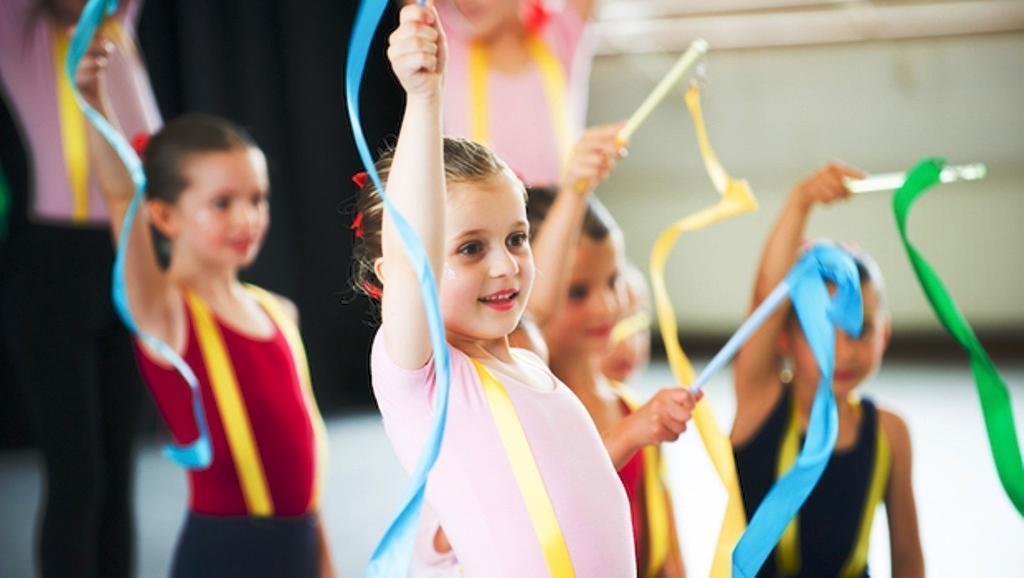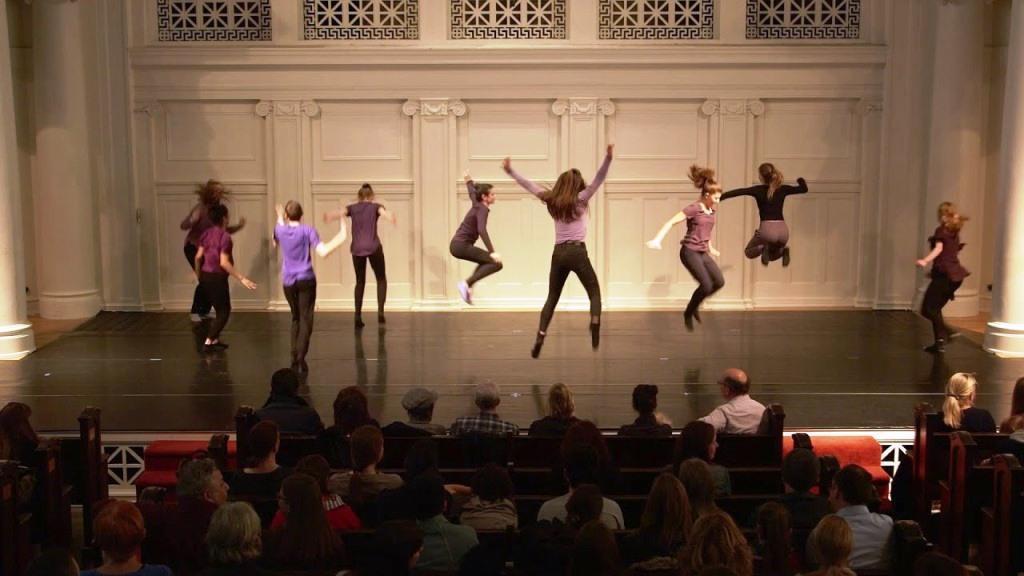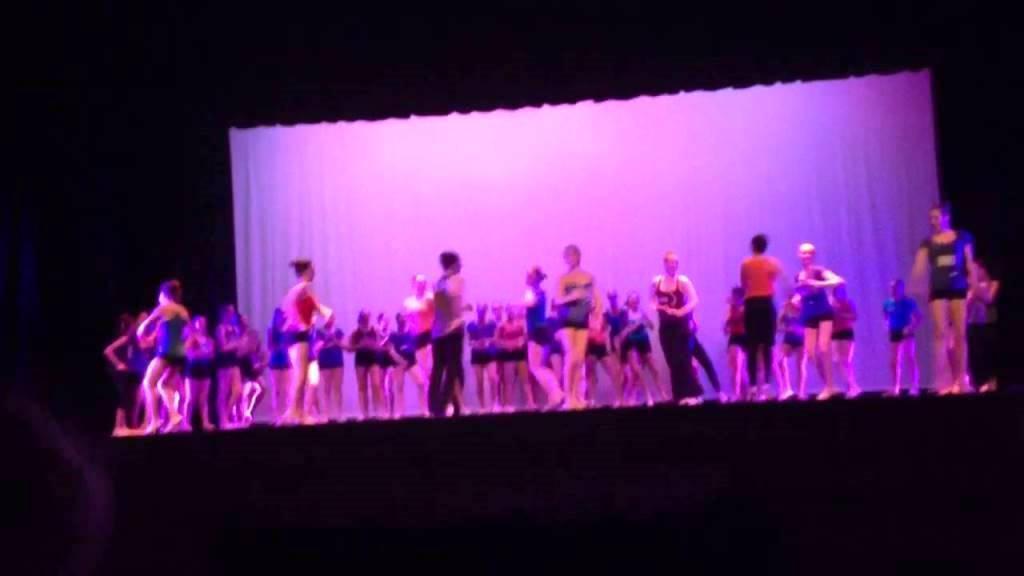
1. Introduction to the UK Ballroom Scene
Introduction to the UK Ballroom Scene
The UK ballroom scene is a vibrant and exciting one, with a wide range of opportunities for dancers of all abilities. From the competitive world of professional ballroom dancing, to the more relaxed social dances, the UK has something to offer everyone.
The UK is home to some of the world’s most famous ballroom dancers, including the likes of Anton du Beke, Brendan Cole, and Strictly Come Dancing’s Karen Hardy. These stars have helped to make ballroom dancing popular in the UK, with an increasing number of people taking part in competitions and social dances.
Competitive Ballroom Dancing
Competitive ballroom dancing is a popular sport in the UK, with competitions taking place throughout the year. Competitions range from local events to national championships, and from amateur to professional levels.
The most popular competitive ballroom dances in the UK are the Waltz, Quickstep, Foxtrot, Tango, Viennese Waltz, and Samba. These dances are all judged on technique, musicality, and presentation, with the highest scorer being declared the winner.
Social Ballroom Dancing
Social ballroom dancing is a great way to meet new people and have fun. It is also a great way to learn the basics of ballroom dancing, and many people take part in social dances without ever entering a competition.
The most popular social ballroom dances in the UK are the Waltz, Foxtrot, and Quickstep. These dances are usually danced in a relaxed atmosphere, with couples dancing together to music. Social dances are a great way to learn the basics of ballroom dancing, and many people find that they can progress from social dances to competitive ones with a bit of practice.
Fostering Dance Development in the UK
The UK has a number of organisations dedicated to fostering the development of ballroom dancing. These organisations provide a range of services, from providing training and support to organising competitions and social dances.
The most well-known organisation is the UK Ballroom Dance Council (UKBDC). The UKBDC is a non-profit organisation that works to promote and develop ballroom dancing in the UK. It provides a range of services, from organising competitions to providing training and support to dancers of all abilities.
The UKBDC also works to promote ballroom dancing in the wider community. It organises social dances and events, and works with schools and local councils to encourage more people to take up the sport.
The UKBDC is just one of the organisations dedicated to fostering the development of ballroom dancing in the UK. There are also a number of local and regional organisations, as well as a range of private dance schools. All these organisations work together to create a vibrant and exciting ballroom scene in the UK.
2. Overview of the Challenges Facing Dance Development in the UK
Overview of the Challenges Facing Dance Development in the UK
The UK has a vibrant and diverse dance culture, but there are a number of challenges that impede its development. These include:
Lack of Funding
Funding for dance in the UK is limited and often restricted to professional companies. This means that grassroots, community and amateur dance projects are often unable to access the necessary resources to develop and grow.
Lack of Accessibility
Many people in the UK are unable to access dance classes due to financial constraints or lack of time. This can be particularly true for people living in rural areas or those from disadvantaged backgrounds.
Lack of Awareness
Many people in the UK are unaware of the benefits of dance or the range of dance styles available. This can lead to a lack of engagement and participation in dance activities.
Lack of Professional Development Opportunities
Professional dancers in the UK often struggle to access the necessary training and development opportunities to progress their careers. This can be due to a lack of resources or a lack of recognition of the value of dance training.
3. A Look at Existing Initiatives to Foster Dance Development
A Look at Existing Initiatives to Foster Dance Development
The UK has a thriving dance community, and many initiatives have been set up to encourage the development of dance in the country. Here are some of the key organisations and initiatives that are helping to foster the growth of dance in the UK.
Dance UK
Dance UK is the leading national organisation for dance in Britain. It is a membership organisation that works to promote the value of dance and to support the health and well-being of the dance community. Dance UK has developed a range of initiatives to support the development of dance in the UK, including professional development programmes, dance education resources, and advocacy campaigns.
Dance4
Dance4 is a national agency for dance development based in Nottingham. It works to support the development of dance in the UK through a range of activities, including professional development programmes, research, and advocacy. Dance4 also works to support the development of new works and to promote the value of dance in the UK.
The National Dance Awards
The National Dance Awards is an annual event that celebrates the best of British dance. It is organised by the Dance UK and recognises excellence in dance performance, choreography, and teaching. The awards are open to all professional dancers and choreographers, and the winners are selected by a panel of industry experts.
Dance UK Schools Network
The Dance UK Schools Network is a network of schools and colleges across the UK that are committed to providing high quality dance education. The network helps to provide support and resources to teachers and students, and to promote the value of dance in education.
4. Examining Potential Solutions to Further Support Dance Development
Examining Potential Solutions to Further Support Dance Development
Investment in Dance Education
Investment in dance education can provide a platform for dancers to develop their skills and knowledge. This could include providing more funding for dance classes, providing additional resources for teachers, and creating more opportunities for students to take part in performances.
Encouraging More Participation
Encouraging more people to take part in ballroom dancing can help to grow the dance community and create a more diverse range of dancers. This could be achieved through initiatives such as offering free or discounted classes, creating more accessible venues, and providing more opportunities for people to learn about dance.
Promoting Ballroom Dancing
Promoting ballroom dancing in the UK can help to raise awareness of the activity and encourage more people to take part. This could involve organising events, creating a website or social media presence, and working with local media outlets to spread the word.
Providing Access to Professional Opportunities
Providing access to professional opportunities can help to develop the skills of dancers and encourage them to pursue a career in the industry. This could involve creating more performance opportunities, offering mentorship schemes, and providing resources for dancers to find work.
5. Exploring the Benefits of Supporting Dance Development
Exploring the Benefits of Supporting Dance Development
1. Encouraging Physical Activity
Ballroom dancing is an excellent form of physical exercise. It helps to improve cardiovascular health, muscle strength, and endurance. It also increases flexibility, balance, and coordination. By encouraging the development of dance in the UK, we can help to promote physical activity and health in our population.
2. Building Self-Confidence
Dancing can help to build self-confidence in individuals. It provides an opportunity to learn a new skill, and to develop a sense of accomplishment. It also encourages individuals to engage with others, and to build relationships. This can help to build self-esteem and confidence.
3. Enhancing Creativity
Dance is an art form, and it can help to enhance creativity. It encourages individuals to explore different ways of expressing themselves, and to develop their own style of movement. It also gives individuals an opportunity to express their emotions and feelings through their movements.
4. Nurturing Community
Dance can help to nurture community. It encourages individuals to come together in a shared space to learn and practice the art of dance. This can help to build relationships and create a sense of community. It also provides an opportunity for individuals to share their knowledge and experiences with one another.
5. Promoting Cultural Diversity
Dance can be a great way to promote cultural diversity. It provides an opportunity for individuals to learn about different cultures and their dance styles. This can help to foster understanding and appreciation of different cultures, and to promote cultural exchange.
6. Conclusion and Summary of the Topic
Conclusion and Summary of the Topic
The UK has a long and rich history of ballroom dancing, with many different styles and forms to be enjoyed. The development of this art form has been fostered by a number of organisations, from the British Dance Council to the Royal Academy of Dance. The UK has been at the forefront of ballroom dance for many years and is continuing to develop and promote the art form.
The UK is also home to a range of talented and dedicated individuals, both professional and amateur, who are passionate about ballroom dancing. With the support of organisations such as the British Dance Council, these individuals are able to pursue their dreams and make a positive contribution to the development of ballroom dancing in the UK.
The UK is home to a number of prestigious ballroom competitions, such as the British Open and the UK Open, which draw competitors from all over the world. These competitions provide a platform for the best dancers in the world to showcase their skills and demonstrate the level of excellence that can be achieved in the UK.
In conclusion, the UK has a strong and vibrant ballroom dancing scene, with a range of organisations and individuals dedicated to developing and promoting the art form. With the support of these organisations, the UK is well placed to continue to foster the development of ballroom dancing in the future.




